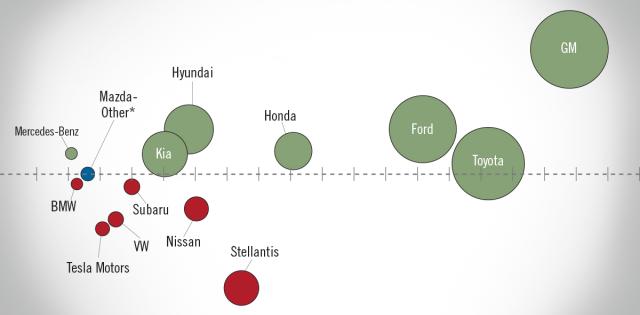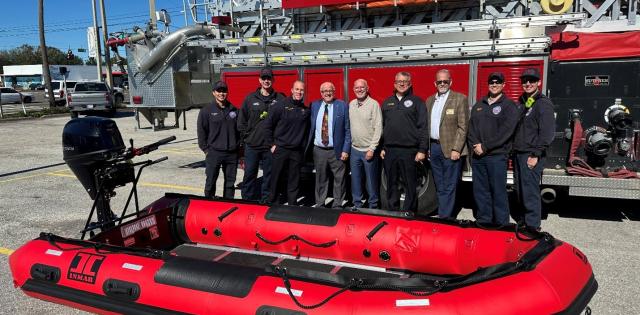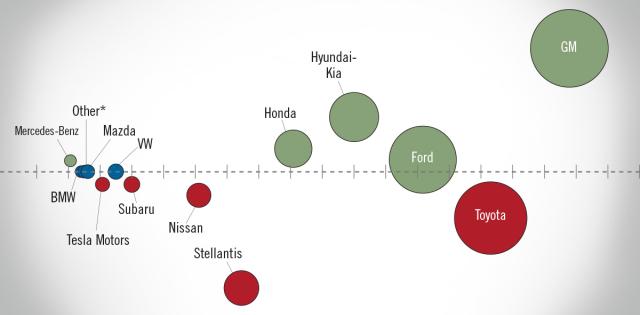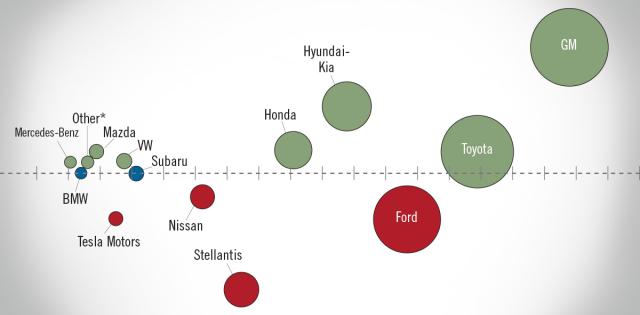In this day and age, mainstream communications platforms like email, phone calls and text messages alone are not enough to meaningfully engage with consumers. That’s what Vivek Zaveri, CEO of Meera.ai, wants participants to understand in the Lifeline Series webinar Using Conventional AI Tactics to Boost Sales.
Surveys show that 57% of auto dealerships use email for customer marketing, but spam filters catch 13% of these emails, and only 22% of people actually open them. Calling consumers yields even fewer results and goes against consumer preference. Consumers prefer text messages over phone calls and say calling without prior permission or appointment, is intrusive and has a negative effect on a brand. On average, sales representatives today make eight dials per hour over an average six hours just to make one appointment. And while text messages may be more openly received by the public, the response rate falls further and, in most cases, text messages are not answered at all. Zaveri explained the pitfalls of WhatsApp and native SMS applications:
- 54% of customers today expect businesses to communicate and engage with them through text messaging platforms, but they rarely respond to the text.
- Generic messages and one-for-all communication templates no longer capture a buyer’s attention.
- 90% of consumers say personally irrelevant marketing and promotional messages are annoying.
Zaveri told webinar attendees there’s a better way through Conversational AI.
So, what is Conversational AI?
Think Alexa…or Cortana…or Google Assistant. Conversational AI refers to the use of messaging apps, speech-based assistants and ‘chatbots’ to automate communication and create personalized customer experiences at scale. Powered by NLP and NLU capabilities, Conversational AI has the ability to empathetically interact with users. And unlike real people, it has all the time in the world to give personalized, memorable and relevant responses at any moment of the day. Ultimately this modern capability has presented the auto industry with a scalable solution to personalize marketing, engage new customers, and exceed current customer expectations. Zaveri broke down the advantage dealerships would have by using this latest form of technology:
- Conversational AI offers dealerships an effective way to automate and personalize engagement on their established text messaging platforms and websites.
- The technology allows auto dealerships to warm up thousands of leads simultaneously.
- It is equipped to handle repetitive administrative tasks and boost workforce productivity.
- The technology is enabling dealerships to carry out omnichannel marketing campaigns and increase brand awareness.
So, Conversational AI not only saves dealership staff critical time and manpower (particularly when both are in short supply during the pandemic), but it also enhances marketing and communications efforts. It can help dealerships craft unique (and even fun) customer experiences that doesn’t feel pushy and tired. The technology empowers dealerships to cut down on customer wait times by instantly solving customer queries and rolling out self-help options. Even banks are using them to engage customers on their bank accounts and monetary concerns. Finally, Zaveri pointed out that dealerships can even automate and streamline the delivery of their after-sales services, essentially improving the relationship with the customer throughout the life of the car.
Today, 85% of customers say they would go back to a dealership that meets their expectations, where service is good, and communication is excellent. Conversational AI can help dealerships get to that communication standard more quickly and creatively.
Note: NADA’s webinar is offered to assist its dealer members in the operation of their dealerships and for general informational purposes only. Each dealer must seek their own legal counsel and make their own independent business decisions and work with their attorneys to ensure social media posts and advertising comply with state and federal consumer protection laws. Before attempting to sell vehicles online, dealers must consult with their attorney or state/metro dealer association or licensing authority to better understand the requirement in their state. The presentation of this information is not intended to constitute legal advice nor encourage concerted action among competitors or any other action on the part of dealers that would in any manner fix or stabilize the price or any element of the price of any good or service.









